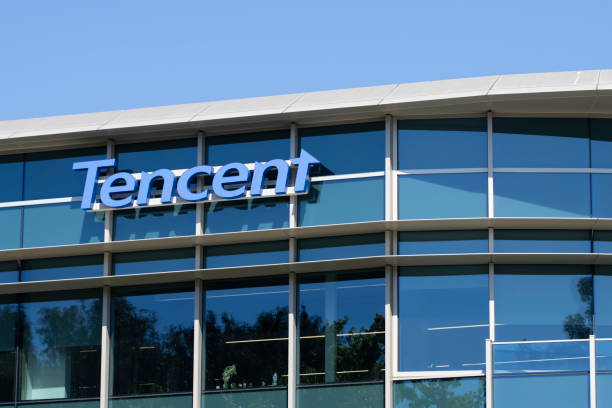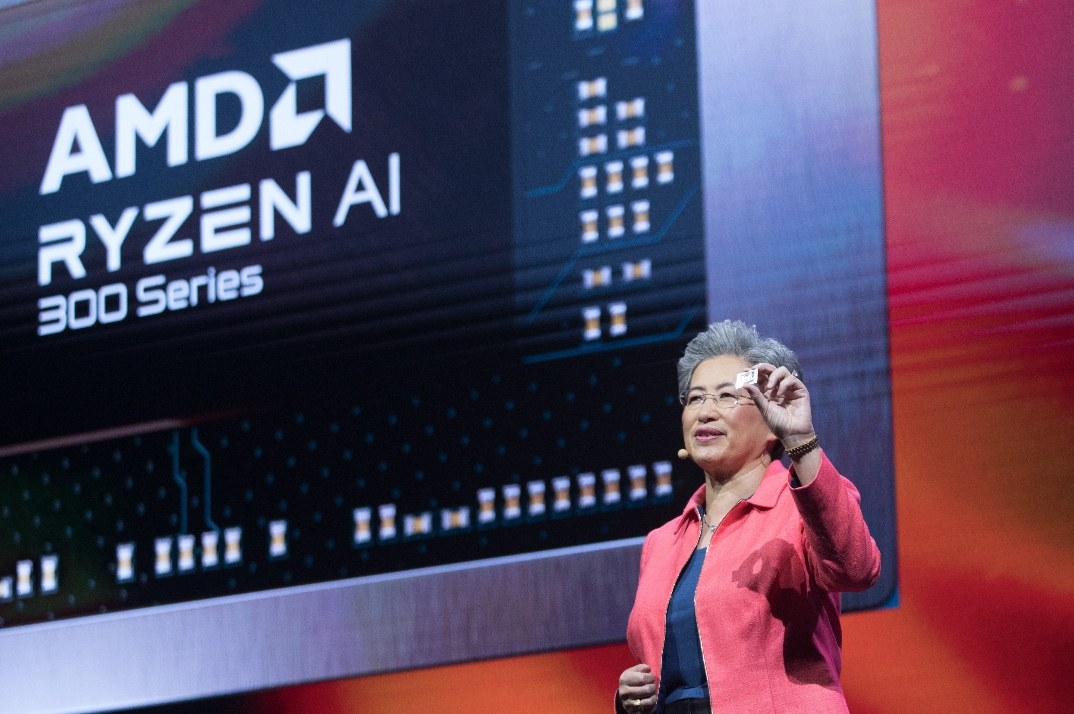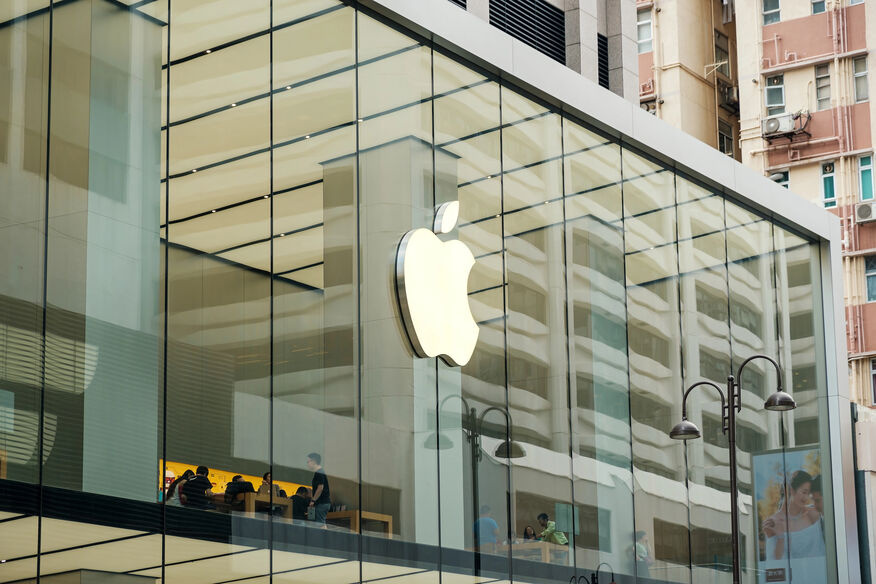Here’s Why Tencent Shares Are Down 7% Today

TradingKey - Every investor in the world has had to grow accustomed to rising geopolitical tensions over the past decade between the world’s two superpowers: the US and China. Unfortunately, for many of us, those tensions have spilled over into global stock markets.
Specifically, that’s been related to sanctions from the US government on Chinese companies. The latest salvo fired came yesterday (6 January) when the US government announced that it was blacklisting Tencent Holdings Ltd (HKEX: 700) and Contemporary Amperex Technology Co Ltd (SHE: 300750) – also known as CATL – for the companies’ alleged ties to the Chinese military.
Of course, that didn’t go down well with investors in Asia as both Tencent and CATL are listed on the Hong Kong Stock Exchange and Shenzhen Stock Exchange, respectively. While CATL’s Shenzhen shares fell just under 3%, Tencent’s share price fell by up to 8% and finished the Tuesday trading day down 7.3%.
Here’s what investors need to know about the latest sanctions on Tencent and what it means for one of Asia’s largest companies.
Blacklist = Stock selloff
For investors in Hong Kong-listed stocks, there’s precedence for Chinese companies being put on a US government blacklist. Indeed, in February of 2022, Hong Kong-listed biotech firm WuXi Biologics (Cayman) Inc (HKEX: 2269) was placed on an Unverified List (UVL) by the US Commerce Department that listed a number of Chinese entities that faced export restrictions.
Shares in WuXi Biologics duly fell by up to 32% on that news and the company had to suspend trading of its shares. While WuXi’s blacklisting was by the US Commerce Department, Tencent’s most recent blacklisting came from the US Department of Defense’s Pentagon and carries no specific sanctions.
Instead, the blacklist is used by the Pentagon to identify “Chinese military companies”. In response to these accusations, both Tencent and CATL have denied they are engaged in any military-related activities and have labelled their inclusion on the list as a “mistake”.
While CATL does indeed export its batteries around the world, Tencent appears to be far less impacted by any immediate consequences given its focus on social media and gaming. Tencent is the world’s largest video game company (by market cap) and worth more than three times its closest competitor in the sector – Sony Group Corp (NYSE: SONY).
Top 10 companies in video games sector, by market cap (US$ billions)
Source: Bloomberg
Buying opportunity for Tencent investors?
While the share price reaction was extremely negative for Tencent, many market commentators are also claiming it’s a wild overreaction. That’s mainly down to the fact that the blacklisting carries no specific sanctions and was done just two weeks before the incoming Trump administration is set to take office.
Being seen as a “gesture” by the outgoing administration in the US, it could mean a buying opportunity for investors who remain bullish on Tencent’s potential growth in the global + domestic gaming market.
Tencent shares actually finished 2024 up over 40% and it’s been one of the more reliable “Big Tech” firms in China given its stable growth profile and a rebound in the domestic gaming market following an easing of restrictions from policymakers.
For investors, “buying the dip” here for Tencent could prove to be an interesting long-term move if they continue to believe in the business’s growth potential.






